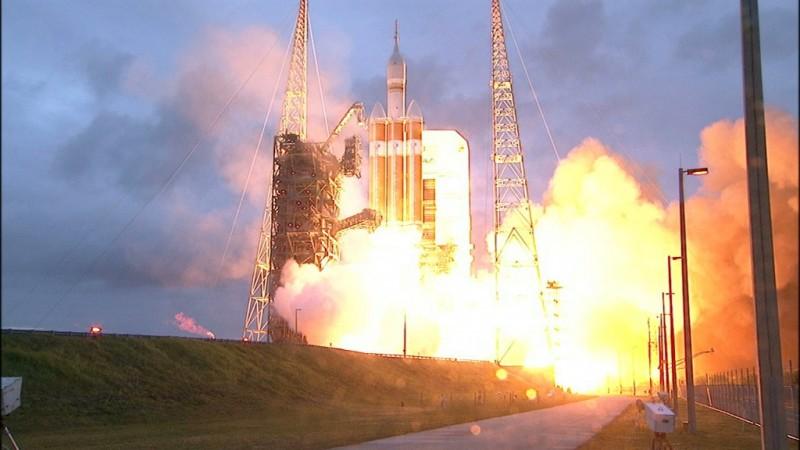
Human exploration of Mars has pretty much been offed by NASA. Its budget has no place for Mars missions after switching focus to the Moon instead. The direction that the space agency has taken is unlikely to see humans on the red planet in the coming decade, or even the next one.
This comes at a time when NASA's main contractor and designer of the Space Launch System (SLS) is making claims that the first human on Mars will likely reach there aboard a Boeing rocket, reports ARS Technica. "I anticipate that we will put the first person on Mars in my lifetime," he said. "I think in this decade, and the first person that gets there is going to be on a Boeing rocket," said Boeing's Dennis Muilenburg.
However, NASA's chief of human spaceflight, Bill Gerstenmaier, said in late March this year that, "We're going to try and live within flat budgets". What this means, notes the ARS report, is that a flat budget is one that will not grow and no increases in budget mean there will no leeway for design, development, and further research, should it need more money.
A study was conducted by the National Academies group titled the "Pathways to exploration" and it looked through NASA's human spaceflight plans, notes the report. The study made it clear that NASA will have to struggle to make Mars missions work while keeping political will in line to keep the interest sustained over the 15 to 20 years it is likely to take for the Mars-based technologies to work. The study concluded with the finding that even with modest increases in the budget, accounting for inflation over this time, it could barely work, a flat budget will make it impossible.
"A program of human space exploration beyond low Earth orbit that satisfies the pathway principles defined is not sustainable with a budget that increases only enough to keep pace with inflation," said Cornell University planetary scientist Jonathan Lunine who co-chaired the report.
In the meanwhile, SpaceX, Elon Musk's space company is going full steam ahead with the development of their own Mars mission. The BFR rocket that Musk says will take people to Mars is under construction and the company has been giving out regular details on its development. Only last week, news emerged that SpaceX will build its BFR rockets in LA. A few weeks before that, Musk tweeted out images of tooling that will make the BFR's fuel tanks with a car next to it for scale.
The roadmap as of now, for SpaceX is to not only build their Mars rockets but also to land a shipment of goods on Mars by 2022, two years later, in 2024, Musk wants the first humans to land on Mars. By 2028, BFRs might start the Earth to Earth flights as well.










!['Had denied Housefull franchise as they wanted me to wear a bikini': Tia Bajpai on turning down bold scripts [Exclusive]](https://data1.ibtimes.co.in/en/full/806605/had-denied-housefull-franchise-they-wanted-me-wear-bikini-tia-bajpai-turning-down-bold.png?w=220&h=138)



